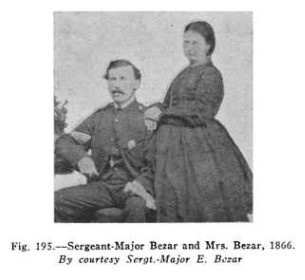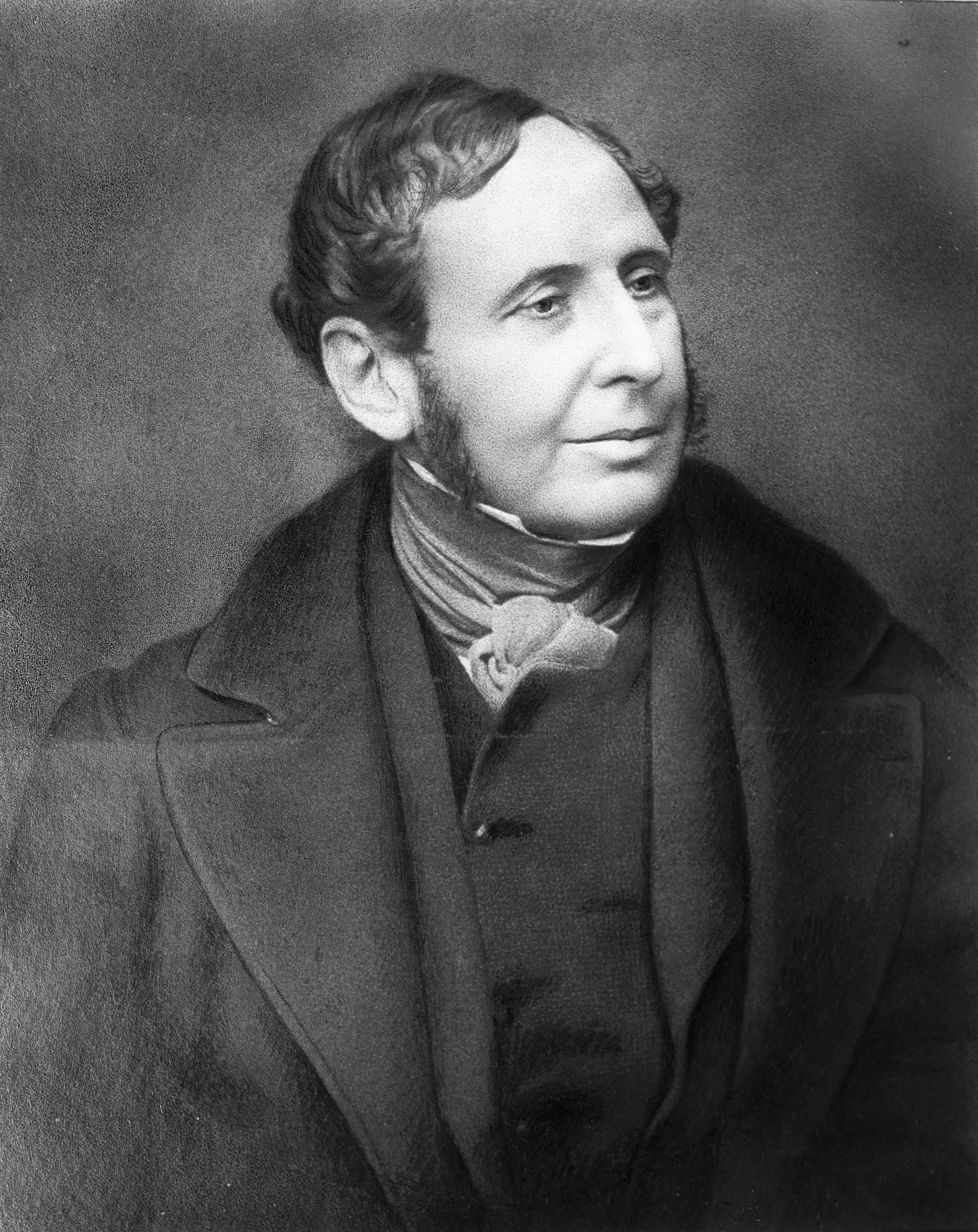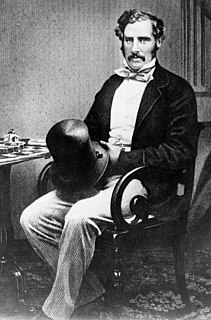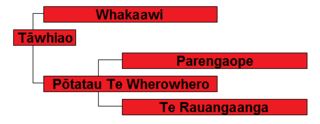 W
WThomas Adamson was a New Zealand yeoman soldier, awarded New Zealand Cross in 1876.
 W
WSergeant Major Edwin Bezar was an English soldier and author who fought in the Crimean War, counter-insurgency in the Aden Settlement and the New Zealand Wars. At his death in 1936 aged 97 he was the last surviving soldier of the 57th Regiment that had fought in the New Zealand Wars; he may have been the war’s last surviving combatant but this is impossible to confirm due to incomplete records. In retirement he was an active public servant for the New Zealand Defence Department, including organising the first Maori Rifle Corps of Volunteers in the 1870s. He was a prolific correspondent and wrote an account of his experiences in the New Zealand Wars.
 W
WColonel Sir Thomas Robert Gore Browne, was a British colonial administrator, who was Governor of St Helena, Governor of New Zealand, Governor of Tasmania and Governor of Bermuda.
 W
WArthur Wakefield Carkeek was a member of the Armed Constabulary in the New Zealand Wars, and was one of only 23 recipients of the New Zealand Cross for gallantry. Later he was a civil engineer and land surveyor.
 W
WSir James Carroll, known to Māori as Timi Kara, was a New Zealand politician of Irish and Ngāti Kahungunu (Māori) descent. Beginning his career as an interpreter and land agent, Carroll was elected to the Eastern Maori seat in 1887. He was acting Colonial Secretary from 1897 to 1899. He was the first Māori to hold the cabinet position of Minister of Native Affairs, which he held between 1899 and 1912. He was held in high regard within the Liberal Party and was acting prime minister in 1909 and 1911.
 W
WIsaac Earl Featherston was a New Zealand politician, and was known for his advocacy for the establishment of New Zealand self-government, and the importance of the provincial governments.
 W
WVice-Admiral Robert FitzRoy was an English officer of the Royal Navy and a scientist. He achieved lasting fame as the captain of HMS Beagle during Charles Darwin's famous voyage, FitzRoy's second expedition to Tierra del Fuego and the Southern Cone.
 W
WSir John Eldon Gorst, was a British lawyer and politician. He served as Solicitor General for England and Wales from 1885 to 1886 and as Vice-President of the Committee on Education between 1895 and 1902.
 W
WCharles Mathew Gray was a New Zealand Independent Member of Parliament for Christchurch North, and Mayor of Christchurch.
 W
WSir George Grey, KCB was a British soldier, explorer, colonial administrator and writer. He served in a succession of governing positions: Governor of South Australia, twice Governor of New Zealand, Governor of Cape Colony, and the 11th Premier of New Zealand.
 W
WEbenezer Hamlin was a member of parliament in New Zealand, and an independent conservative.
 W
WTheodore Minet Haultain was a 19th-century New Zealand politician and Minister of Colonial Defence (1865–69). He came to New Zealand as a soldier and farmed in south Auckland.
 W
WCharles Wilson Hursthouse, also known by his Māori name Wirihana, was an English-born New Zealand surveyor, public servant, politician, and soldier. He laid out part of the North Island Main Trunk railway through the King Country.
 W
WWilliam Kelly was an Irish migrant to New Zealand, and became a businessman, soldier and politician.
 W
WWilliam Cutfield King was a 19th-century New Zealand politician who was elected to Parliament, but was killed in the New Zealand Wars before the first session.
 W
WMarmaduke George Nixon was a notable soldier in the New Zealand Wars. Born at Malta, he joined the British Army in 1831, spending most of his career as an officer in British India with the 39th Regiment of Foot. He left the British Army in 1851 and shortly afterwards emigrated to New Zealand to take up farming in South Auckland. In 1860, during one of the main phases of the New Zealand Wars, he formed and led a cavalry unit in defence of South Auckland. He later participated in the Invasion of the Waikato as commander of Nixon's Horse, another cavalry unit. He was one of the highest ranking casualties of the New Zealand Wars when he died on 27 May 1864 from wounds received in an attack earlier in the year on a village at Rangiaowhia. He was also a Member of Parliament, representing the largely rural electorate of Franklin from 1861 up until his death.
 W
WWilliam Henry Norman (1812–1869) was a sea captain in Australia. As commander of HMVS Victoria, he engaged in the First Taranaki War in New Zealand and the search for explorers Burke and Wills.
 W
WCharles Pye was an English recipient of the Victoria Cross, the highest and most prestigious award for gallantry in the face of the enemy that can be awarded to British and Commonwealth forces.
 W
WJohn Valentine Smith was a New Zealand landowner, militia leader, and politician.
 W
WWiremu Tamihana Tarapipipi Te Waharoa, generally known as Wiremu Tamihana, was a leader of the Ngāti Hauā Māori iwi in nineteenth century New Zealand, and is sometimes known as the kingmaker for his role in the Māori King Movement.
 W
WTe Rauangaanga was the chief of the Ngāti Mahuta tribe of the Waikato tribal confederation and principal war chief of the confederation in the late 18th and early 19th centuries. His son Pōtatau Te Wherowhero became the first Maori king.
 W
WSir John Batty Tuke PRCPE FRSE LLD was one of the most influential psychiatrists in Scotland in the late nineteenth century, and a Unionist Member of Parliament (MP) from 1900 to 1910. Tuke's career in Edinburgh from 1863 to 1910 spanned a period of significant social and political changes in asylum governance and care in Scotland. Tuke's professional success in public and private practice and his powerful role in several prominent medical societies allowed him to influence his colleagues toward a more physiological understanding of mental illness and its treatment.
 W
WCaptain Arthur Wakefield served with the Royal Navy, before joining his brother, Edward Gibbon Wakefield, in founding the new settlement at Nelson, New Zealand.